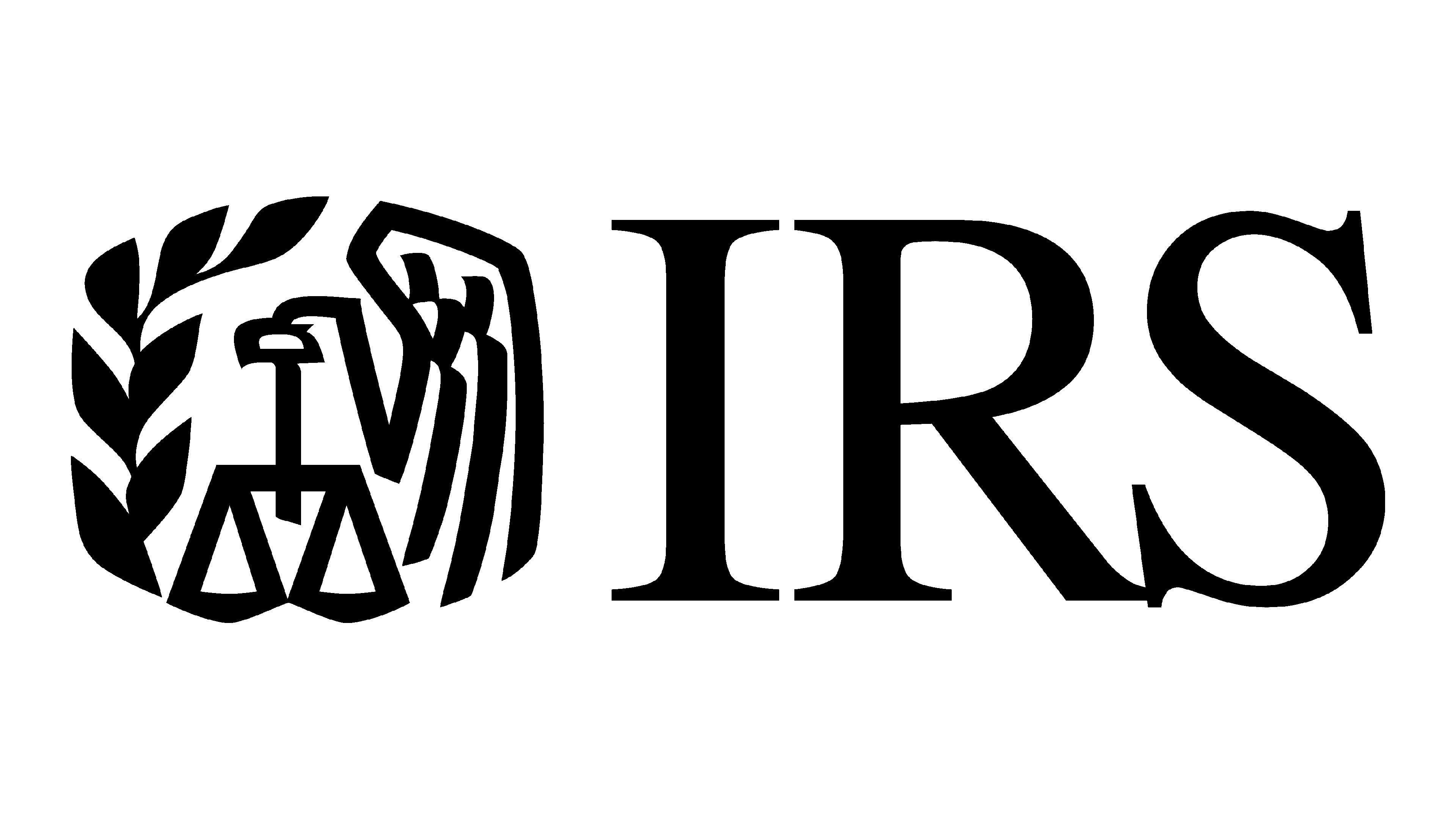However, there are several things to consider before switching away from traditional bank accounts. For example, not all online banks are safe places to store money. In this article, we talk about what potential customers should consider when switching to an online bank.
Fees that match what is being advertised
One of the main reasons why customers switch to online banks is because they want to avoid most of the fees traditional banks charge them. For example, the average brick and mortar bank has service, maintenance, ATM withdrawal, overdraft and transaction fees.

2023
Tax Forgiveness
We know how challenging it can be to pay off your tax debt.
The IRS just announced the 2023 Fresh Start Program, to qualify more people for tax relief!
The first thing customers must verify before choosing an online bank is the amount of fees it charges. Although most online banks advertise fee-free checking and savings accounts, some costs are still passed on to customers.
However, online banks usually inform potential customers about such fees when they start the account creation process.
According to a study released by BankFeeFinder.com, the average checkings account owner pays around $330 each year in fees, a number which is expected to grow. In fact, traditional banks have been relying on those fees to increase profits. In 2016, brick and mortar banks made more than $33 billion in overdraft fees alone.
Although the American Bankers Association estimates that it costs between $250 and $400 each year to maintain a checkings account, it pales in comparison to what most banks charge in overall fees. Online banks, in contrast, do not have to worry about maintaining a network of branches, thousands of employees and other costs traditional banks deal with. As a result, they can offer few or no fees to their customers.
FREE Android Smartphone.
Government passes FREE mobile phone program.
Only while supplies last. Lower your cell phone bill with this subsidized government program.
Some online banks, such as Bank5 Connect, offer customers reimbursement if they are charged fees by other banks while using their ATM networks.
Reliable and easy to reach customer support
Another important thing got consider when choosing an online bank is the quality of its customer support service. Because most online banks do not have physical branches where customers can go to if a problem arises, making sure other avenues are effective is key.
In some cases, verifying that the bank offers customer support 24/7, including a call center people can call to, is not enough. Traditional banks often have issues addressing customer concerns, so it should be expected the same about online banks. It is always a good idea to call the bank’s phone numbers and experience their customer support first-hand before opening an account and transferring money.
Another way of checking the quality of an online bank’s customer support is by checking comments made by customers on social media platforms like Facebook or Twitter. For example, although GE Capital Bank stands out due to its high-yield accounts, their customer support department has a bad reputation, as customers have reported having trouble contacting someone to talk to, through phone or email.
Banking services that are flexible and meet your needs
One important reason why customers switch to online banks is because of additional flexibility. Customers of brick and mortar banks must often visit branch offices located at specific places to solve issues or process requests. This can be a significant problem for frequent travelers as most local banks don’t have branches in every state. Having an online checking or savings account which can be accessed from anywhere is more convenient.
Not all online banks offer the same level of flexibility. As explained above, only a handful offer 24/7 customer support, for example. For brick and mortar banks, flexibility often meant having enough branches to service customers, an extensive ATM network and competitive products.
For online banks, it means having a well-rounded mobile app available on multiple platforms and which can serve as a portable branch office. It also means offering customers free access to an ATM network and a debit card issued by Visa or MasterCard. There are several online platforms that analyze and rate services provided by financial institutions. Potential customers can rely on them to compare online banks and determine which one offers the best overall package according to their needs.
Easy and straightforward application process
Potential customers should also take a look at how easy the account creating process is for their chosen online bank. Just because these banks operate exclusively online does not mean there is no paperwork involved. However, some online banks are known to require excessive paperwork, which may be an early indicator of how difficult it might be to address issues later on.
In general, opening a checking or savings account with an online bank shouldn’t take more than fifteen minutes. The best online banks only require proof of identification to kick-start the account creation process, worrying about other details later. However, some banks might ask for checking and routing numbers of an existing bank account right away to establish the connection needed for money transfers. Others avoid this step to attract customers who don’t have a bank account.
Creating a checking or savings account is often done through the online bank’s website or mobile app. During the process, the financial institution may ask for scanned copies of identification documents such as driver’s license or social security card. Most banks also ask customers to set up login credentials and have a smartphone that can run their mobile application. Otherwise, they risk losing access to most of the banking services while they are away from a computer.
Measures that safeguard your money and personal data
Most online banks are connected to traditional financial institutions for security purposes. However, it is always important to inquire which measures a chosen online bank has taken to protect their customers’ private information. Many online entities such as bitcoin websites, social media and entertainment platforms have been hacked in the last few years. As a result, it is imperative to choose a company that has taken the extra step to avoid potential hacks.
However, online banks may only be vulnerable to hackers targeting private information. Despite their online nature, most of these banks rely on traditional financial institutions to safely store money. For example, Chime, one of the most popular online banks, relies on Bancorp Bank to store money from customers, gain access to the MoneyPass and Visa Plus Alliance ATM networks, and issue debit cards.
Bancorp Bank is a member of the Federal Deposit Insurance Commission, or FDIC, which means money stored in a Chime account is insured up to $250,000. Customers should only look for online banks that are partnered with a member of the FDIC, or are a member themselves. Otherwise, deposits will not be protected if the online bank goes bankrupt, or closes due to financial difficulties.
Robinhood, for example, is among the latest online investing platforms to launch high-yield checking and savings accounts. However, deposits are not yet insured by the FDIC or Securities Investor Protection Corporation, or SIPC. As a result, customers might want to wait until Robinhood’s banking services get government approval before opening an account.
Diverse portfolio of products
Brick and mortar banks offer a lengthy list of products designed to address the needs of their customers. This not only includes checking and savings accounts, but auto and home loans, lines of credit, and other financial services. Although most online banks only focus on checking and savings accounts, potential customers should take a look at all the products and benefits specific bank offers before making the choice.
In general, and aside from being insured by the government, an ideal online bank must offer both checking and savings accounts. It should also give customers access to a debit card with the option to withdraw from ATMs free of charge. They must also provide easy and straightforward ways to transfer money in and out from accounts, without any unusual delays or hidden fees.
Nowadays, the majority on well-known online banks offer those services. As a result, some have decided to invest in additional products to retain customers. For example, Ally Bank offers certificates of deposit while Discover Bank offers mortgages, home equity, student and personal unsecured loans.




